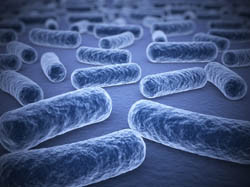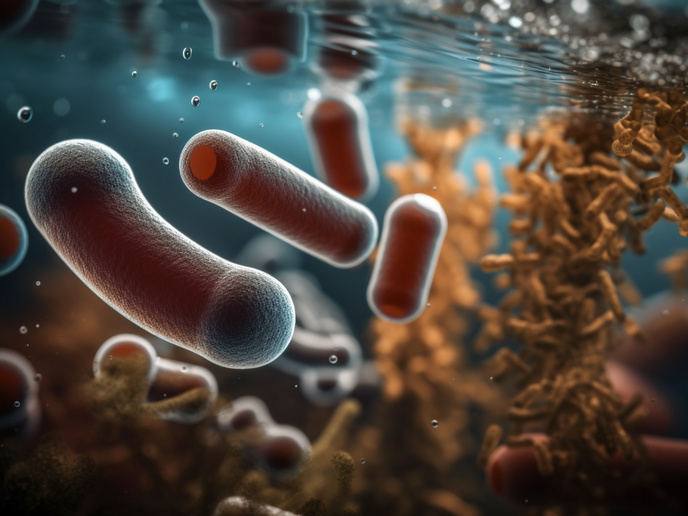Novel bacterial targets
Clostridium difficile is a bacterium mainly associated with hospital-acquired infections, but also with community-associated disease. It takes advantage of the disturbance of the normal intestinal microbiota, following antibiotic treatment, to colonise the gastrointestinal tract. Like most bacterial pathogens, C. difficile displays proteins on its surface that may adhere to and facilitate interaction with the host endothelial cells. These surface proteins are anchored to the bacterial cell wall or the peptidoglycan layer through the catalytic activity of sortase enzymes. Since this family of enzymes plays a key role in other pathogens such as Staphylococcus aureus, scientists on the EU-funded DIFFISORT decided to investigate their role in C. difficile pathogenicity. Through a bioinformatics analysis they identified a gene encoding a putative sortase enzyme and putative substrates in the genome of C. difficile. To delineate its role, they generated a transgenic bacterial line where sortase was conditionally expressed and unveiled its membrane localisation. A number of sortase substrates were identified, which were either secreted or required modification to be correctly translocated to the bacterial surface. This regulatory requirement by proteases is a unique feature of C. difficile, indicating a rather complex anchoring process of sortase substrates to the cell wall. Further evidence was generated for the physiological implication of the sortase function in adhesion to type V collagen and to the fibrinogen. This information indicated that sortase enzymes are indeed important in C. difficile virulence. Overall, the DIFFISORT project improved our knowledge on the pathogenesis process of C. difficile by identifying new virulence factors. The study's findings constitute the first step towards development of new therapeutic strategies.
Keywords
Bacterial targets, enzymes, virulence, Clostridium difficile, sortase







